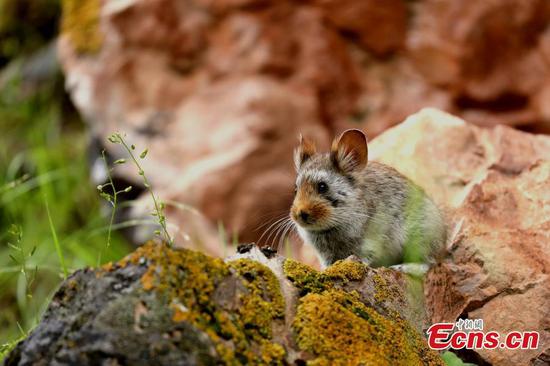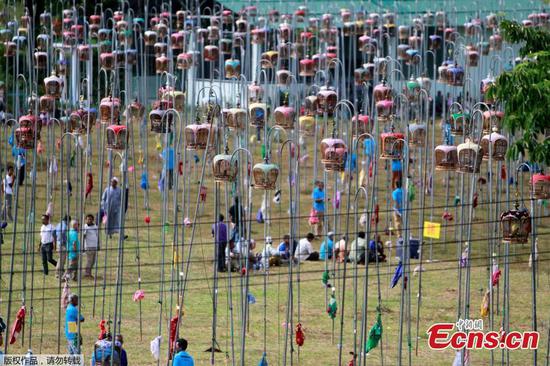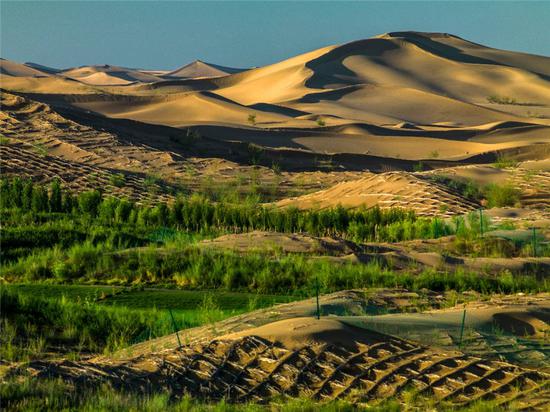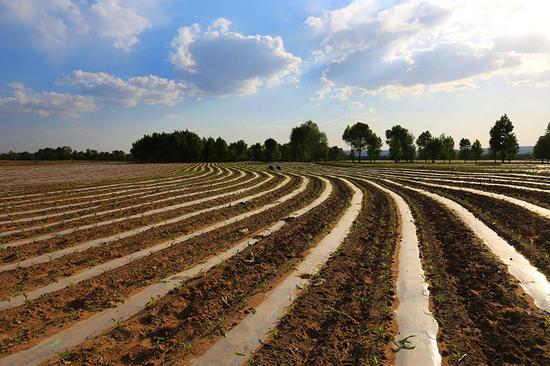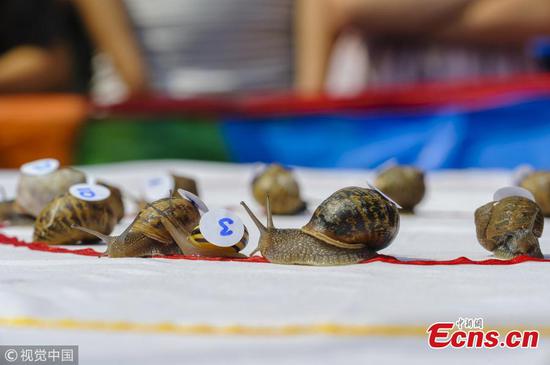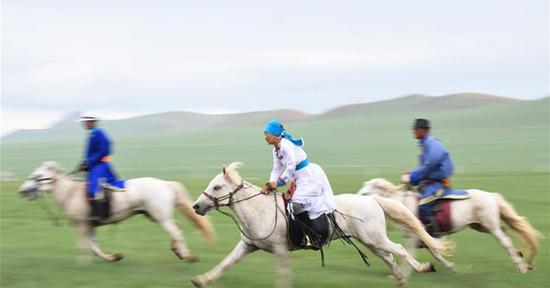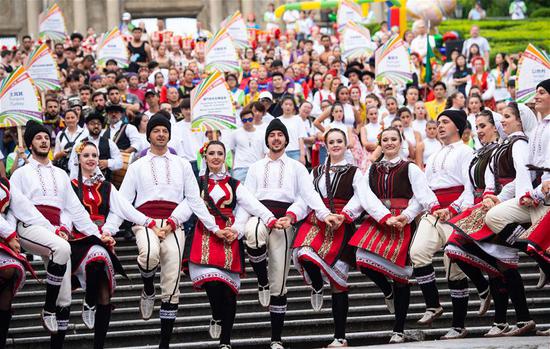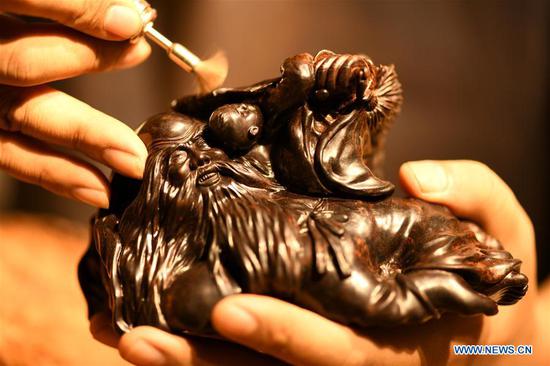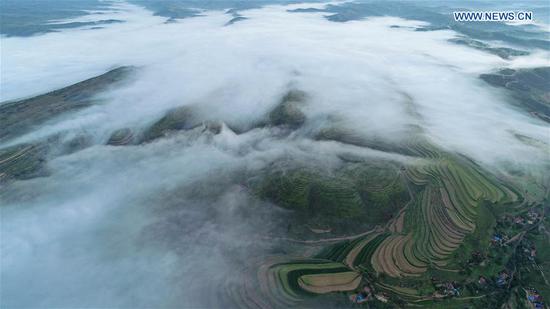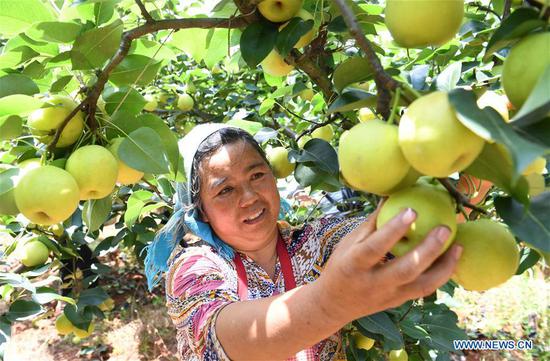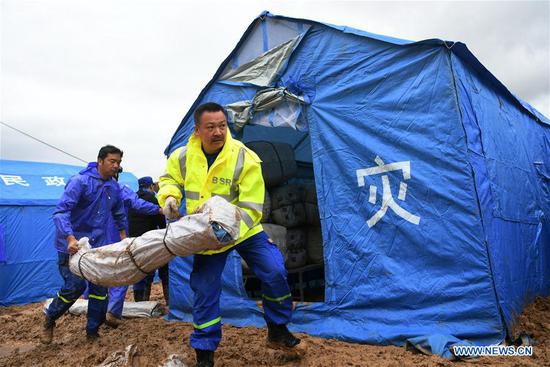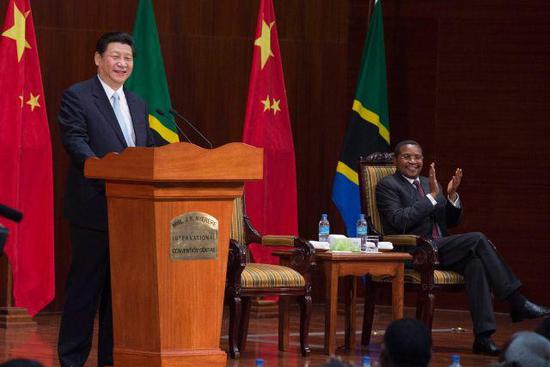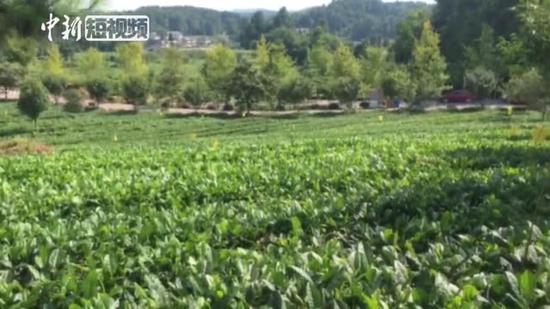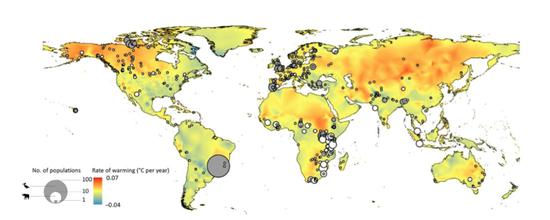
Dots show distribution and density of population time series. Black and white points signify bird and mammal population respectively. /ZSL Graphics
Climate change is affecting the reproductive cycle of birds making them one of the worst victims of rising temperatures, a global study of 481 species released on Monday has revealed.
“The reason we think birds might be worse off, in particular, is due to birds' breeding seasons being particularly sensitive to temperature changes,” Fiona Spooner, lead author of the study, said.
“We think this could be leading to a desynchronization of their reproduction cycle, leading to the negative impacts we’re seeing. Mammal breeding seasons are a lot more flexible, and this is reflected in the data.”
Black-tailed godwit (Limosa limosa) in Germany and Senegal, pink-footed geese in Canada (Anser brachyrhynchus) and black-backed jackal (Canis mesomelas) in Tanzania are just some of the species that the study said were in population decline
Impact of land use and climate change
To understand the impact of climate change on avian and animal population, scientists studied 987 populations of 481 species across the globe. They investigated how climate and land-use change for farming, urbanization and other related factors are interacting to affect the rate of decline in mammals.
“Importantly, our finding does not suggest that human land-use changes, such as for agriculture, development or deforestation do not play a role in the decline of birds and mammals, or that because the decline is climate change related, it’s somehow something for future generations to deal with,” said senior co-author of the study, Dr Robin Freeman.
“Rather, this finding suggests that additional data including higher resolution landscape data is needed to understand the mechanisms driving these declines.”
Researchers also ascertained how species living in protected areas and their body size is adapting to the aftermath of rising temperatures. The study titled “Rapid Warming is Associated with Population Decline Among Terrestrial Birds and Mammals Globally” published in the journal Global Change Biology said that birds were one of the worst affected by rapid climate warming, with effects being twice as strong in birds over mammals.
“Our research shows that in areas where the rate of climate warming is worse, we see more rapid bird and mammal population declines. Unless we can find ways to reduce future warming, we can expect these declines to be much worse,” Freeman added.
Researchers warned that if the rate at which the climate warms exceeds the maximum possible rate of animals being able to adapt to changes in their environment, local extinctions of animals will start to become more prominent.
Gareth Redmond-King, head of climate and energy policy at WWF, said that the report provides further evidence of the growing threat that climate change poses to wildlife.
“That’s why we urgently need the UK Government to take action to meet current targets to cut greenhouse gas emissions, but also to increase ambition to build a sustainable, climate-resilient future, in which we restore nature, not destroy it.”












